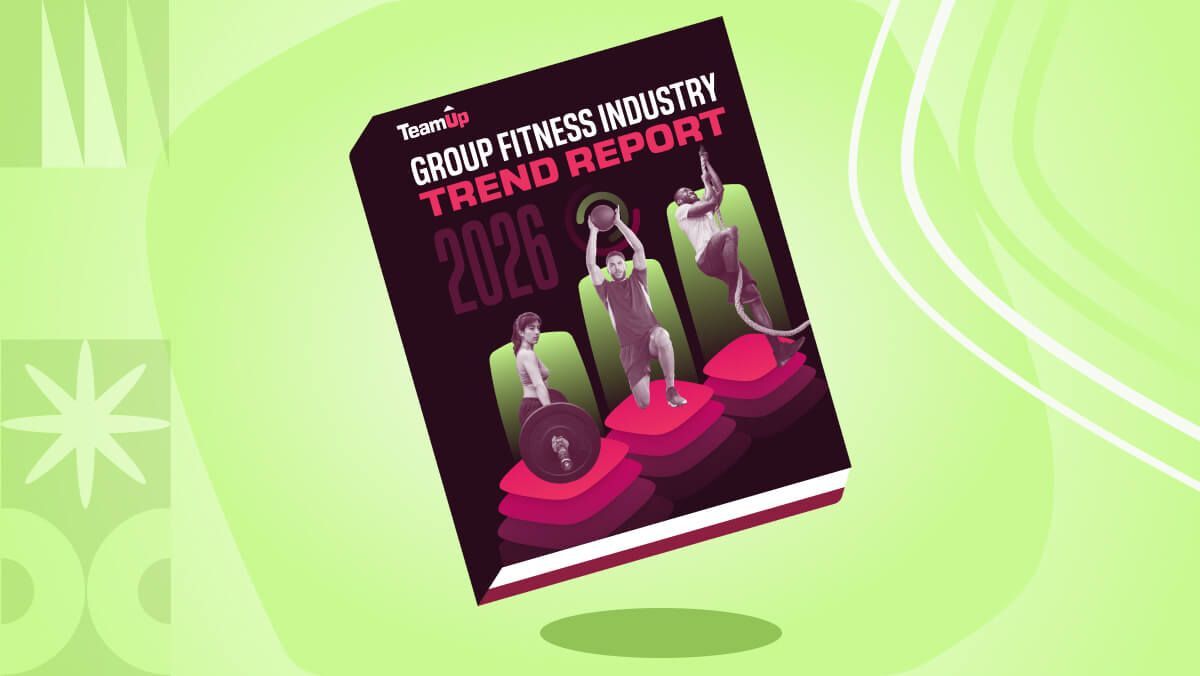Your business costs are going up, but you still have to grow your business and provide results for your customers. If you’re worried about what’s coming, you’re not alone.
In this installment of our ongoing series on how to recession-proof your business, we’re excited to share owner of FMC Consulting, Jim Thomas's insights on how to mitigate costs, evaluate your pricing and how to advance and expand at a time when other businesses are retreating.
Keep reading below or watch his video below to get his five strategies and learn how to manage inflation in your fitness business.
For any entrepreneur, the threat of inflation looms large. The cost of doing business tends to go up and down every year. You may ask “how to survive inflation in 2022?” That’s why small business owners must stay on top of small business inflation and its impact to create sustainable success in their businesses.
Fortunately, there are plenty of measures that you can take to implement business strategies for high inflation.
What is inflation?
Essentially, inflation is a sustained increase in the average prices of goods and services in an economy. Prices rise due to increased demand or scarcity of goods and services.
For example, if there are ten apples in a basket and only one person wants them, each apple is worth $1. But if ten people wish to buy those apples and only ten are available, each apple will be worth $10.
The value of money decreases as prices rise because you need more money to buy something that costs more. This increase causes your purchasing power to fall over time.
When you’re running your own small business, inflation can affect your business in many ways, including:
- Causing rising prices on business essentials like raw materials and finished goods.
- Increasing costs of employee pay.
- Causing higher interest rates and taxes.
These effects add up and soon become too much for many small businesses, which lay off workers or struggle to grow because they do not know how to deal with inflation as a small business.
What can businesses do to stop inflation and lessen its impact?
While you can’t stop small business inflation, there are steps that you can take to help your business become more cost-effective and less exposed to its effects. Small business owners are adjusting to inflation every day. Here’s why you should become a business owner and use the following four approaches to help combat inflation.
1. Raise prices prudently
One of your first instincts with increasing inflation is to raise prices, but that isn’t always good for your business. Raising prices too much can hurt sales and cause clients to flock elsewhere.
But raising prices too slowly can also cause a decline in your profits. It would be best to strike a balance. Raise prices when necessary, but do so carefully and conservatively and you will not be part of the many examples of businesses affected by inflation in 2022.
If you end up overpricing your goods or services, demand decreases. Your profit margins could fall further because you still have to pay for expenses that are not offset by increased revenues.
Make sure any price increases are temporary and respond immediately if demand drops. Raising prices should be done strategically and without hesitation when warranted.
As long as you know why you’re doing it, you should be able to keep more money in your pocket while ensuring your customers continue coming back for more. You don’t want customers associating your company with price gouging.
Ask yourself these questions:
- What’s unique about your business, and how can you improve this?
- What are you doing better than others?
- Can you start targeting less price-sensitive customers and more value-oriented customers?
- In a market area, about 20% of people are expected to be a member of a gym. What are you doing to attract the other 80%?
- Your program is getting people results, and you know customers are happy to pay - why not quantify these results by getting testimonials?
Use this information to leverage your value proposition, and instead of lowering rates, consider offering other programs, such as alternate day memberships, weekend only, etc.
2. Invest in technology
Owners can protect themselves from small business inflation by investing in technology that helps keep their costs down. Investing in new technology will help you lower your overhead.
Lower overhead means you’ll have more money available for more important things, like paying employees and buying inventory. New technology also allows you to improve efficiency and productivity, which are essential factors in how to grow a small business.
For example, consider how much time each employee spends at checkout if you’re looking for a new point-of-sale (POS) system or POS software. If they’re spending too much time at checkout and not enough time buying products, then investing in POS software might be what your business needs to grow.
When choosing technology solutions for your small business, make sure they’re compatible with whatever operating systems or devices you currently use. You don’t want to spend hours learning to use something completely different from what you already know.
3. Evaluate your supply chain risk and find ways to increase your profit margins
Increased profit margins are one of your most effective ways to insulate yourself from inflation. If you’re a service provider, consider raising your fees, whether it’s for print work or construction projects.
Think outside the box if you’re wondering how to find opportunity in every situation. If you’re a retailer, cut overhead costs. Cutting costs can translate into more income for you, even as prices rise around you. The more you understand how your business works, the easier it will be to spot potential areas for improvement.
You don’t have to implement them all at once. Take some time to think through each idea before moving on. You never know when something small could add up to significant savings down the road.
For example, buying several hundred gallons of fuel upfront may cost less than filling up whenever needed. By buying ahead and storing fuel in large containers or even underground tanks, you’ll also have less exposure to fluctuating gas prices over time.
There are multiple ways to strengthen your supply chain — get creative! Here are a few ideas to get you started:
- Can you start buying in bulk?
- Get numerous suppliers. Don’t become single supplier dependent.
- Evaluate how you can keep costs down across your suppliers.
4. Diversify your investments
The main issue with inflation is that the only way to combat it is to increase returns, which implies taking more risks. Diversifying your investments may be a good idea if you’re a small business owner.
The diversity will offer protection in case one sector or asset crashes while another continues to increase in value. For example, putting some money into domestic stocks and bonds will diversify from relying solely on imports/exports.
If an economic crisis occurs overseas and drives down import prices, your profits won’t suffer as much. You can also diversify by investing in different industries like buying real estate near factories or retail stores instead of residential homes.
When businesses are doing well locally, you benefit from increased demand for housing. When companies aren’t doing so well nationally or internationally, you still have revenue from rent checks. Diversification isn’t about maximizing profit but about minimizing risk.
5. Forecast “what-if” scenarios
By planning ahead for potential scenarios, you’ll be prepared to react quickly:
-
Do you have enough cash on hand? If not, what strategies can you implement?
Pro tip: Consider offering a discounted pay-in-full option to your long-time members to create a cushion.
-
What evasive measures can you take, and how can you get around costs? For example, if other clubs are closing, you may be able to pick up equipment, supplies, and staff.
-
How can you manage risk? One of the best strategies is to continue to market. In times like this, businesses tend to withdraw and not promote as much, so this is a prime chance to gain market share.
-
Diversify your membership offering. Promote your alternate day, non-prime, and weekend-only programs.
-
Review and understand your metrics. Your systems and approach are more important than when you’re trying to navigate high-inflationary times.
Remember, you still have the best product in the world — you’re helping people look better, feel better and live longer, and you need to make sure you're in a position to deliver that.
To conclude
Although inflation is a fact of life, it doesn’t mean you should allow it to control your finances. You can lessen its impact by taking proactive steps and keeping your business growing.
Start by implementing one or more of these strategies into your daily routine. You might be surprised at how quickly inflation can disappear from your radar. This way, your business will still be able to grow and thrive as if there was no inflation at all.
Click here for more details on financing options or call 214-629-7223 or email jthomas@fmconsulting.net for more information. Or, apply now.
Thanks for reading!









